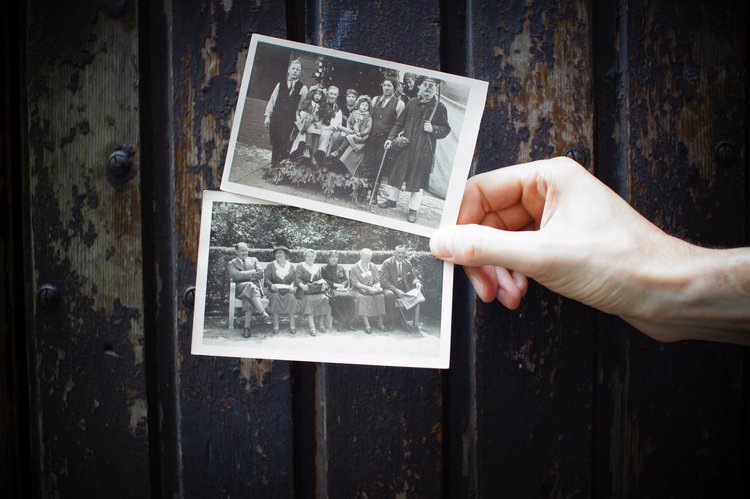
Emotional Incest-Keys to Positive Parenting

Sleep Matters: A Comprehensive Guide to Restful Nights

Unmasking the Illusion

Soulful Synergy: Navigating the Spiritual Landscape of Mental Wellness

Rewrite Your Story: Forgiving Yourself & Moving Forward

The Therapist’s Insight: Nurturing Sympathy, Empathy & Compassion

Uniting Love-Navigating the Beauty & Challenges of Interfaith Relationships

Ready, Set, Happy!

ADHD & Relationships - Nurturing Love Through Understanding

Redefining Strength: Why Every Man Should See a Therapist

Rise into the Light: Discover Your Authentic Self & Heal from Codependency

NeuroNexus: Deciphering the Mind-Brain Enigma

A Therapeutic Odyssey: The Healing Wonders of Travel for Mind, Body, and Soul Renewal

Debate Differently: Beyond Disagreements for Positive Dialogue

Stop Interruptions in Their Tracks: Advice for Stronger Relationships

The Silent Killer Among Us: Intergenerational Trauma
